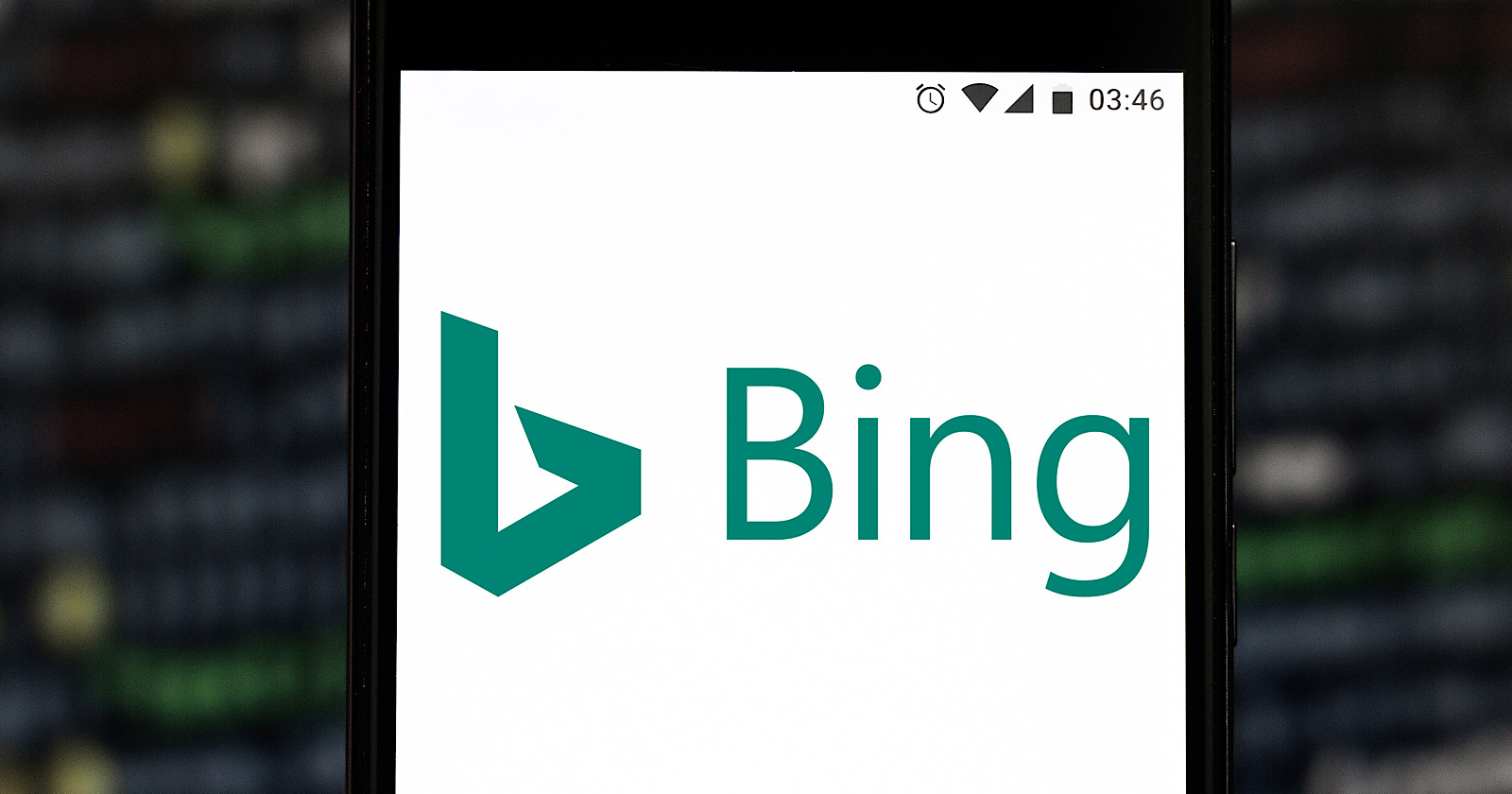Bing published an updated version of its webmaster guidelines which contains an all-new section on how Bing ranks content.
In addition, an existing section on things site owners should avoid doing has been updated with further recommendations.
Here’s a breakdown of the important changes to Bing’s webmaster guidelines.
Related: A Complete Guide to Bing Webmaster Tools
How Bing Ranks Content
Until now, Bing’s webmaster guidelines did not contain any information about how content is ranked, which makes this a fairly significant update.
Now there’s an entire section dedicated to explaining the various factors involved in ranking content in Bing search.
Bing prefaces this section by noting that it does not prioritize Microsoft products and services in search results.
Another point is made about how websites cannot bribe their way to the top of search results. Microsoft Advertising is available for companies that want to pay for more exposure.
With those points out of the way, here’s a look at the various factors that do influence search results.
These are the main factors Bing looks at when ranking content:
- Relevance: How closely the content on the landing page matches the intent behind the search query
- Quality and Credibility: Bing evaluates the page itself, the author’s or site’s reputation, and the level of discourse.
- User Engagement: To determine user engagement, Bing considers:
- Did users click through to search results for a given query, and if so, which results?
- Did users spend time on these search results they clicked through to or did they quickly return to Bing?
- Did the user adjust or reformulate their query?
- Freshness: Bing generally prefers content from sites that consistently provide up-to-date information.
- Location: Bing considers where the user is located (country and city), where the page is hosted, the language used, and location of visitors.
- Page load time: Bing prefers faster load times, as slow pages provide a poor user experience.
Negative Ranking Factor
When it comes to ranking in Bing, site owners need to be careful of the type of language they use.
Foul language and offensive statements can lead to content being demoted, Bing says:
“Bing may demote content that includes name-calling, offensive statements, or uses derogatory language to make a point), the completeness of the content, and transparency of authorship.”
This also applies to sites that sell products which are deemed to be offensive.
Lastly, Bing will demote pages with content that could potentially cause harm to people.
Abuse and Examples of Things to Avoid
A previously existing section of Bing’s webmaster guidelines has been updated with more recommendations of thing to avoid doing.
Here’s what Bing has added to the Abuse and Examples of Thing to Avoid section:
- Scraped content: Scraping or copying content from other websites may not add value to your users and may be considered copyright infringement.
- Automatically generated content: This includes content that is generated by an automated computer process, application, or other mechanism without the active intervention of a human.
- Affiliate programs without sufficient value: Affiliate sites that do not add value beyond linking to products may be demoted or delisted.
- Malicious behavior: Whether done intentionally, or the result of a site hack, malicious behavior can lead to being demoted or delisted.
Related: 5 Ways SEO for Bing is Different from Google SEO
Miscellaneous Notes
Now that you’re caught up with the main updates, here are some additional changes I found scattered throughout the document.
Limiting Things
Throughout the updated guidelines there are various mentions of keeping things to a certain limit.
In total, there are 8 uses of the word “limit” in the new guidelines compared to zero uses in the old document.
Here are a few of the new points added:
- Limit the number of links on a page to no more than a few thousand.
- Limit usage of dynamic loading of resources – i.e. AJAX to limit the number http requests and limit usage of JavaScript on large web sites.
- Limit the number of pages on your website to a reasonable number (no defined limit).
Using Images
There are a number of new points made about how webmasters can use images in a way that helps Bing understand the content better.
In total, there are 22 uses of the word “image” in the new guidelines compared to 6 uses in the old document.
Here are a few of the new points added:
- Use unique and original images and videos that are relevant to the topic of the page.
- Bing can extract information from images, captions, structured data, titles, and related text such as transcripts.
- Do not embed important text or information within images or videos.
- Include descriptive titles, filenames, and text for images and video.
- Choose high-quality photos and videos.
- Optimize images and videos to improve page load times.
New Alt Attributes
Bing now supports the new alt attributes, such as rel=“sponsored” and rel=“ugc”.
Here’s what the new guidelines say:
“Make a reasonable effort to ensure that any paid or advertisement links on your site use rel=”nofollow” or rel=”sponsored” or rel=”ugc” attribute to prevent the links from being followed by a crawler and from potentially impacting search rankings.”
Final Notes
Those are all the major updates I was able to discover in Bing’s new webmaster guidelines.
If there are other additions that you feel should be added to this article, please feel free to send them to me.
Overall, the whole document has been overhauled with sections rearranged, paragraphs reworded, and things of that nature.
For the most part though, I found the information presented is mostly the same. The changes I just covered notwithstanding.
Source: Bing Webmaster Guidelines





